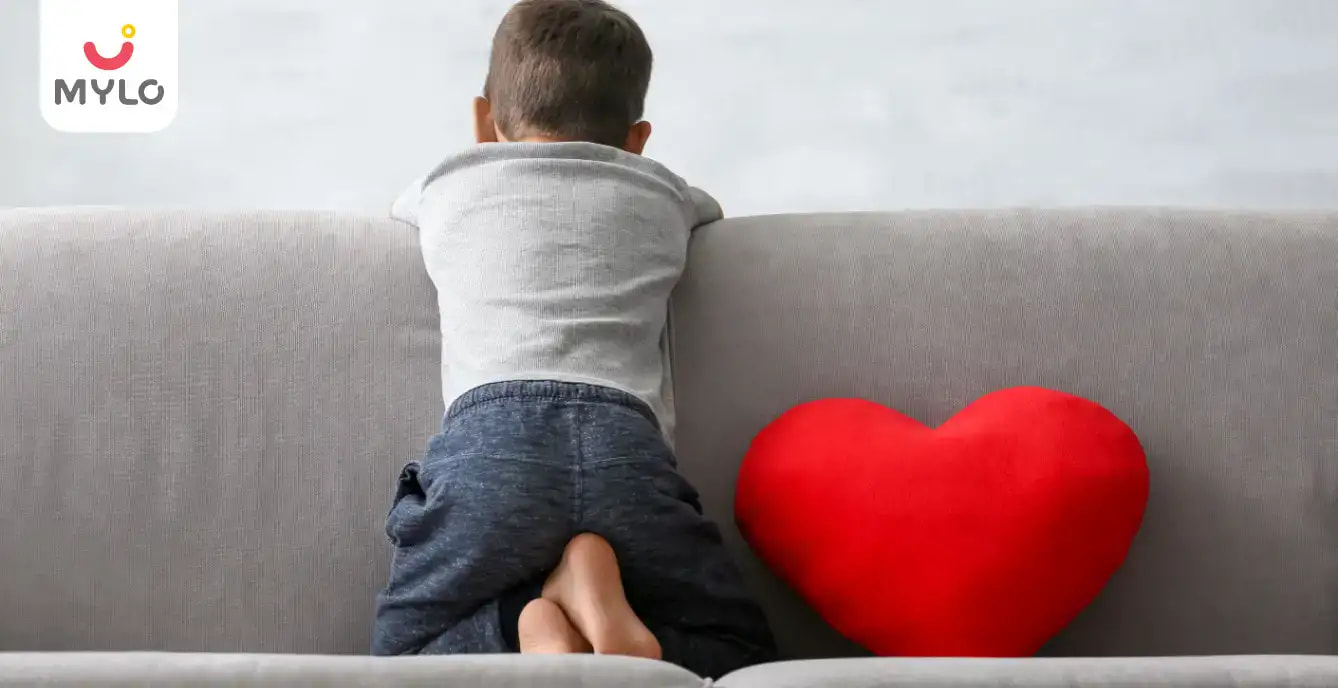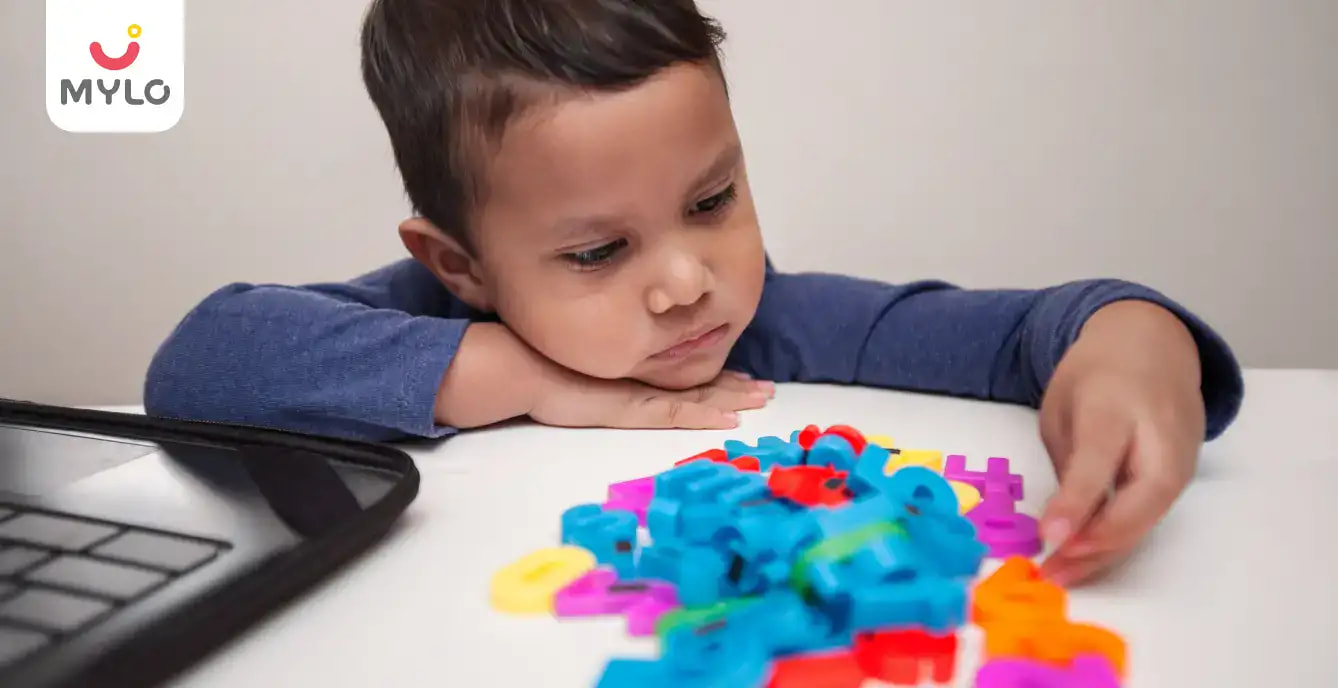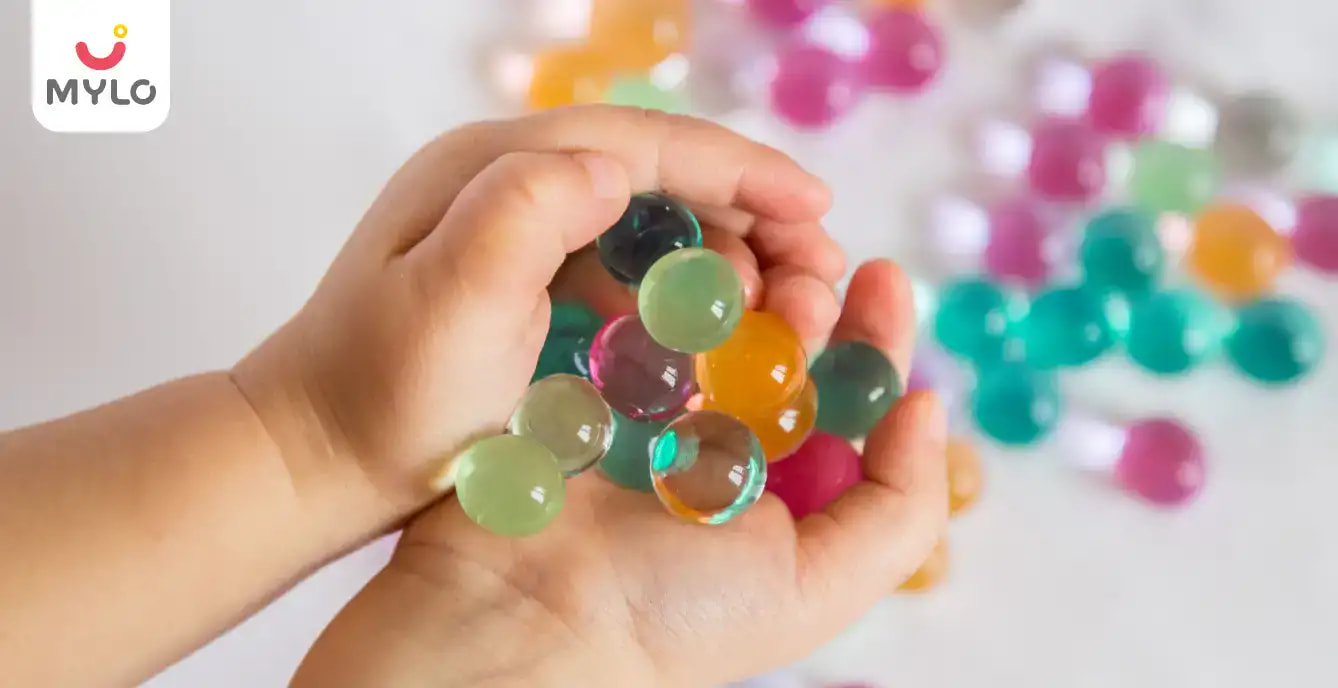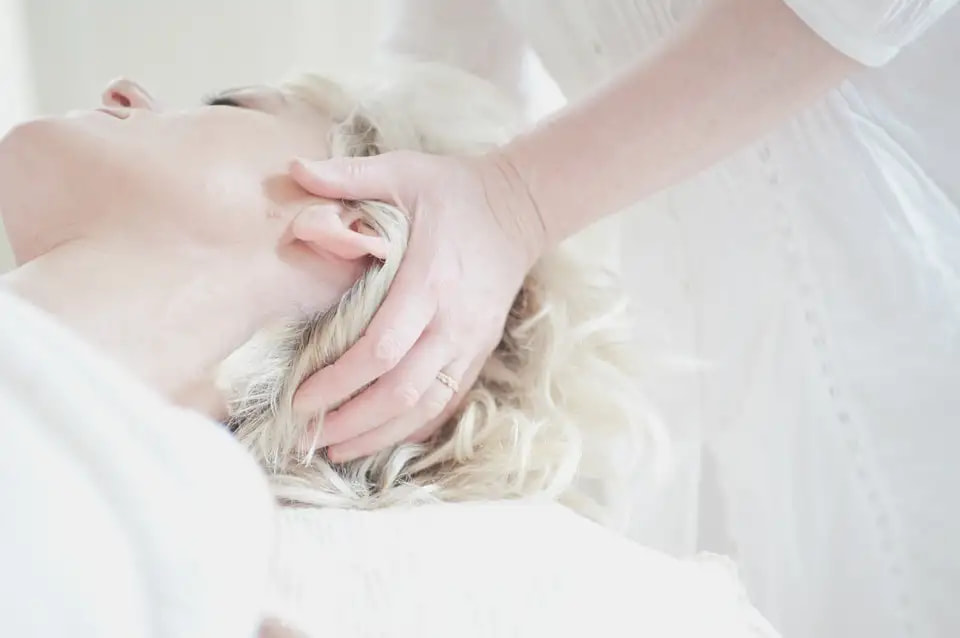Home

Childhood Disorders: Meaning, Symptoms & Treatment
In this Article
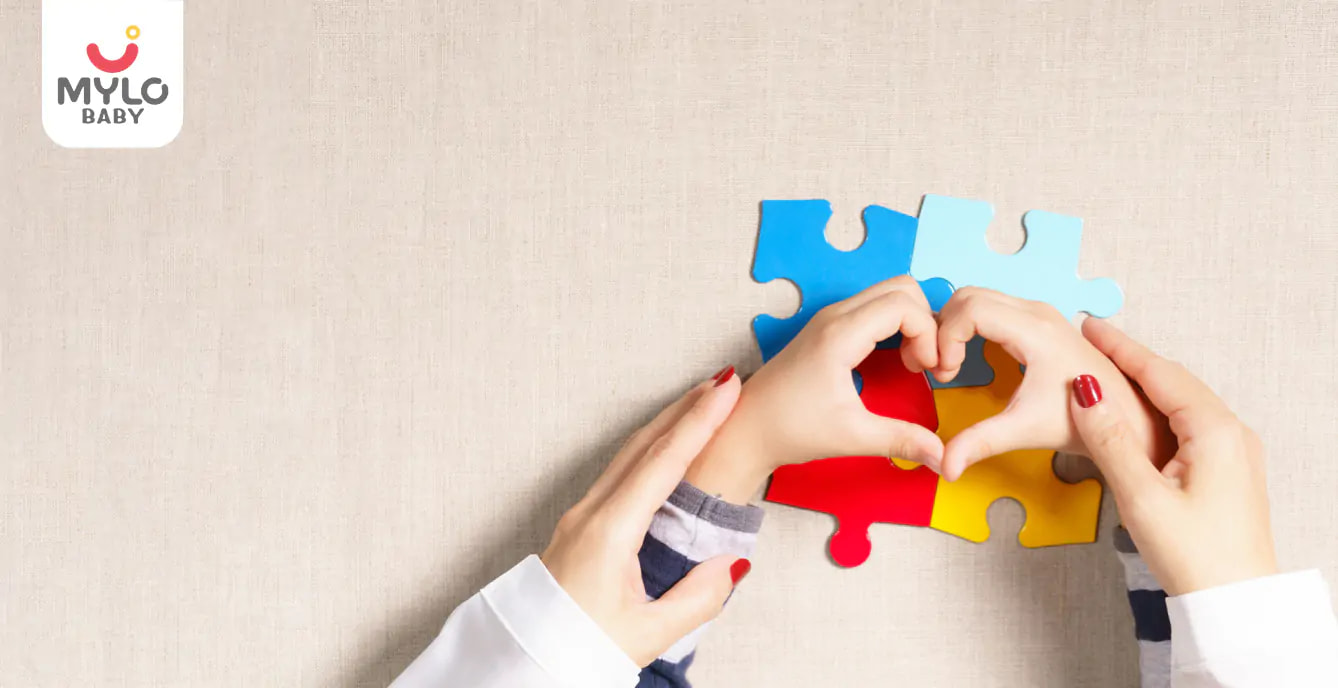
Pregnancy
Childhood Disorders: Meaning, Symptoms & Treatment
Updated on 22 November 2023
You must have come across children that are different from other children in terms of their overall development - ever wondered what they might be going through? Many children face developmental issues and birth defects, but often, they are diagnosed only when they start going to school. Children's disorders may be learning or developmental, and it is not uncommon for many children to be diagnosed with them much later in life, in their teenage or even adult years.
It is not unusual for children to suffer from more than one childhood disorder. In fact, in the USA alone, about 20% of children are plagued with childhood disorders or mental illnesses that have stunted their developmental growth. It becomes important to identify and diagnose childhood disorders from an early age so the child can be prevented from growing into an adult who continues to suffer from difficulties. Identifying the disorder might not make it go away, but it can help the child learn how to cope with it, as well as help their family understand their strengths and weaknesses better.
After all, a child is firstly an individual and deserves to get the treatment they need to belong within their families and societies. Let's find out all there is to know about childhood disorders and childhood mental disorders.
What are childhood disorders?
Childhood disorders occur among children in the form of problems or issues that impair their learning or developmental abilities. These may include behavioural defects, physical impairments, and language or learning difficulties. Typically, a child suffering from a childhood disorder may find it difficult to function in their daily lives, as well as a child who doesn't suffer from child disorders. Childhood disorders are usually permanent in nature; while they last throughout a person's lifetime and cannot be completely cured, one can learn how to cope with them.
Common childhood disorders include behaviour issues, anxiety, ADHD and depression. Most children are often diagnosed with these mental disorders. Other disorders may be autism, intellectual disability or conduct disorder.
The good news is that even though these are characterised as childhood disorders, children can learn coping mechanisms to be more cognitively aware of their conditions so they can function in society.
Symptoms of childhood disorders
There are several symptoms to look out for when it comes to understanding the issues a child may be going through. While childhood disorders vary depending on what the child is going through, there are some common symptoms such as -
-
Poor grades in school in spite of the child putting in a lot of effort
-
Inability to socialise with others
-
Inability to cope with activities in school or constant irritability
-
Persistently upset or sad
-
Overly emotional
-
Behaviour that may be harmful to others or out of control
-
Hurting oneself or talking about hurting oneself; talking about suicide or death
-
Avoidance of interactions with others
-
Emotional outbursts that are frequent
-
Constant feelings of anxiety, stress or tension
-
Atypical or unusual speech and thoughts
-
Sudden changes in moods, behaviour, eating or sleeping habits
Treatment of childhood disorders
Childhood disorders may pose a challenge to not just the child but also the family around them, but the good news is that they can be treated. While a childhood disorder may not have a cure, children can learn coping mechanisms to deal with them to keep them at bay. Depending on the type of disorder, doctors and therapists often recommend cognitive behavioural therapy or medication.
Let's take a look at the treatment associated with common childhood disorders:
Medication: When it comes to childhood disorders, doctors and mental health experts may prescribe medication in the form of anti-depressants or mood stabilisers to a child. Children suffering from breakouts and psychotic episodes may also be given antipsychotic medication. Again, this depends on the mental illness the child has been diagnosed with
Therapy: Often, children may be asked to go to therapy to curb their behaviour. Therapy may be for their cognitive abilities or interpersonal.
Analysis: Children may be asked to go in for psychoanalysis, supportive psychotherapy or psychodynamic psychotherapy.
Causes of Childhood Disorders
Unfortunately, children suffer from childhood disorders right from birth. These disorders may be genetic or birth defects. Children may also develop childhood disorders because they are exposed to emotional trauma or stress very early in life. Childhood disorders may also occur because of an imbalance of chemicals in a child's brain or a brain injury that the child undergoes early in life. Life experiences like physical stress, abuse, or loss are other factors that may contribute to a child developing strong mental disorders during their formative years. Pregnant or expecting women may be exposed to viruses or toxic chemicals during their pregnancy journey, which may culminate in childhood disorders for their children.
References
1. Scott JG, Mihalopoulos C, Erskine HE. (2016). Childhood Mental and Developmental Disorders. In: Patel V, Chisholm D, Dua T, et al., editors. Mental, Neurological, and Substance Use Disorders: Disease Control Priorities.
2. Reiss AL. (2009). Childhood developmental disorders: an academic and clinical convergence point for psychiatry, neurology, psychology and pediatrics. J Child Psychol Psychiatry.
Tags
Childhood Disorders in Hindi, Childhood Disorders in Tamil, Childhood Disorders in Telugu, Childhood Disorders in Bengali



Written by
Ishmeet Kaur
Ishmeet is an experienced content writer with a demonstrated history of working in the internet industry. She is skilled in Editing, Public Speaking, Blogging, Creative Writing, and Social Media.
Read MoreGet baby's diet chart, and growth tips

Related Articles
Related Questions
Hello frnds..still no pain...doctor said head fix nhi hua hai..bt vagina me pain hai aur back pain bhi... anyone having same issues??

Kon kon c chije aisi hai jo pregnancy mei gas acidity jalan karti hain... Koi btayega plz bcz mujhe aksar khane ke baad hi samagh aata hai ki is chij se gas acidity jalan ho gyi hai. Please share your knowledge

I am 13 week pregnancy. Anyone having Storione-xt tablet. It better to have morning or night ???

Hlo to be moms....i hv a query...in my 9.5 wk i feel body joint pain like in ankle, knee, wrist, shoulder, toes....pain intensity is high...i cnt sleep....what should i do pls help....cn i cosult my doc.

Influenza and boostrix injection kisiko laga hai kya 8 month pregnancy me and q lagta hai ye plz reply me

Related Topics
RECENTLY PUBLISHED ARTICLES
our most recent articles
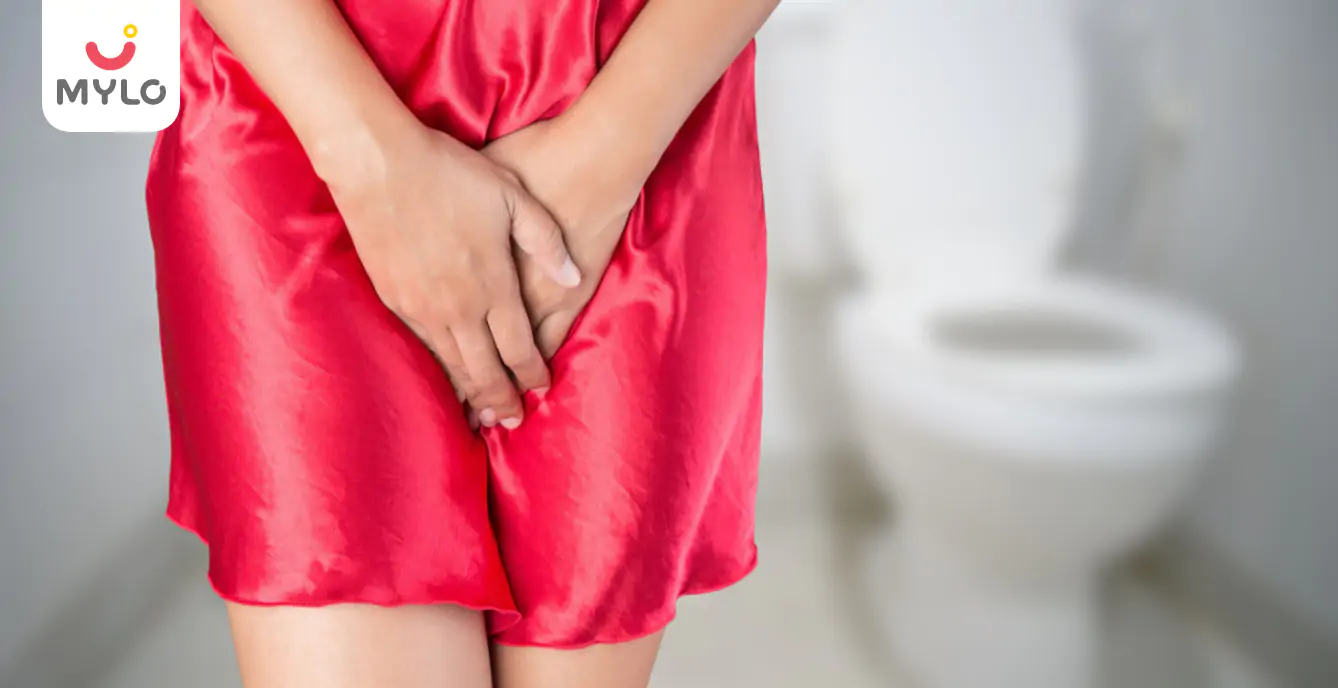
Vaginal Bleeding
Bleeding During Pregnancy 8 Weeks: Should You See a Doctor?
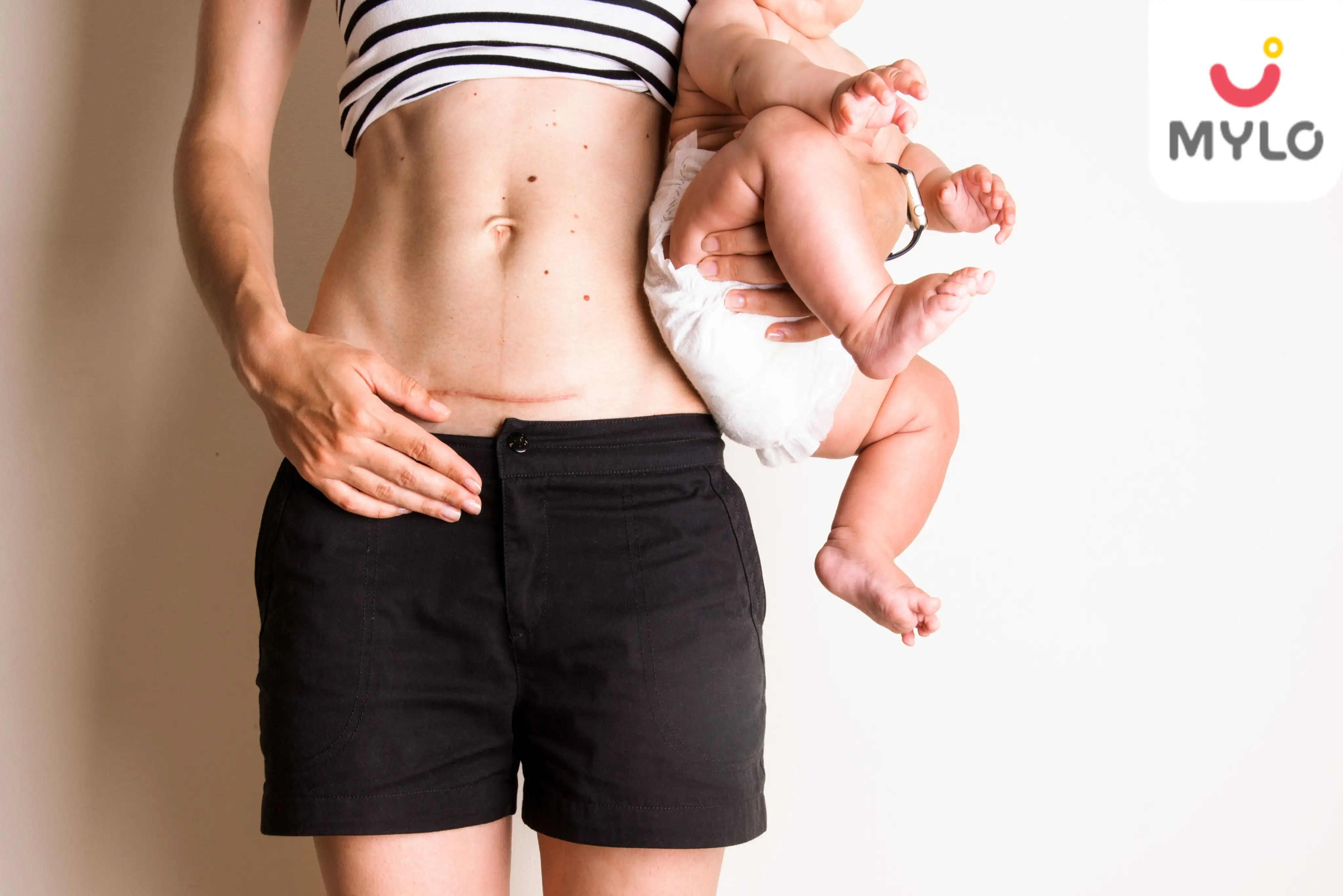
Postnatal Care
The Ultimate Guide to Having Sex After C Section
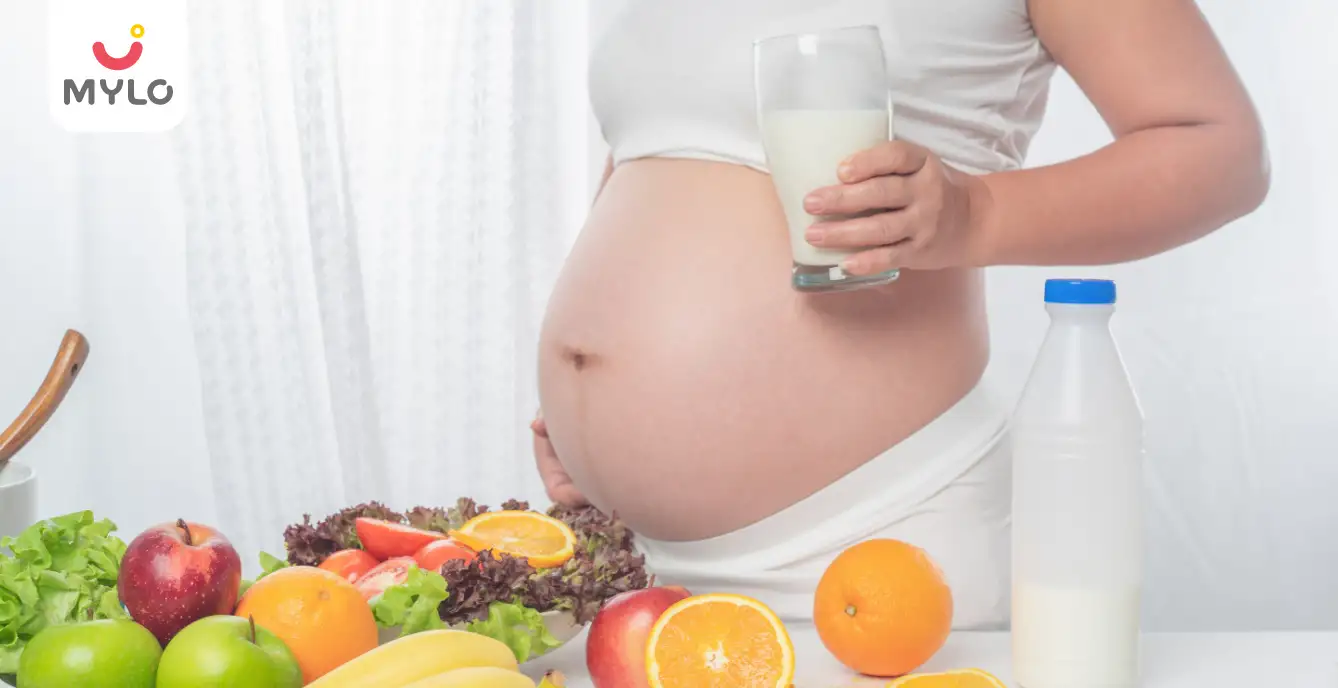
The Ultimate Guide to Baby Brain Development Food During Pregnancy
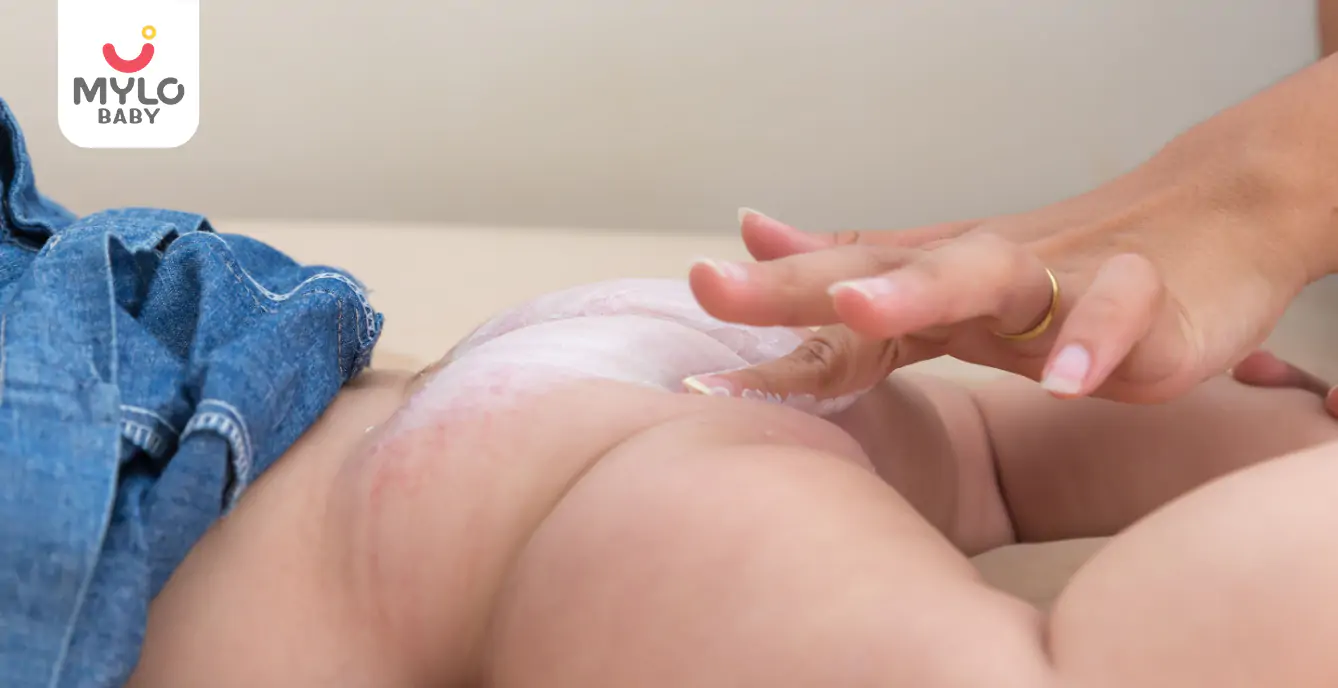
Rashes
Nappy Rash: Your Ultimate Guide to Symptoms and Quick Relief
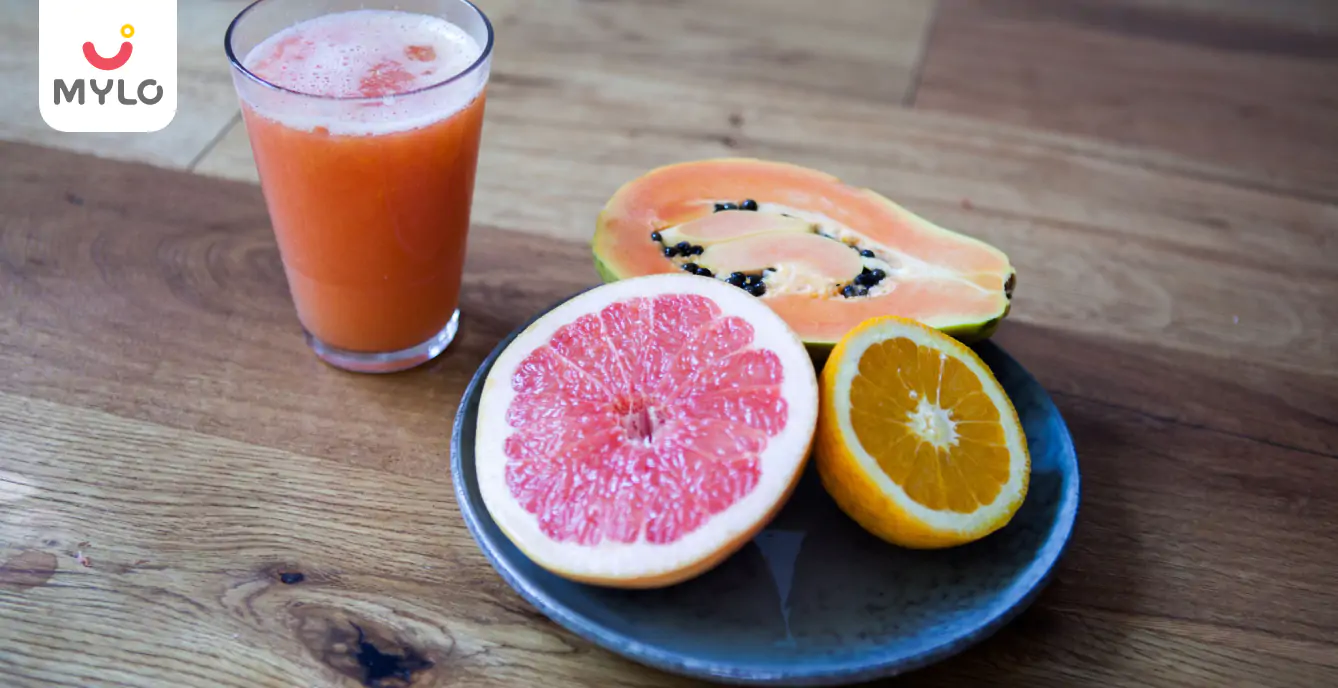
Periods
How to Get Periods Immediately to Avoid Pregnancy?
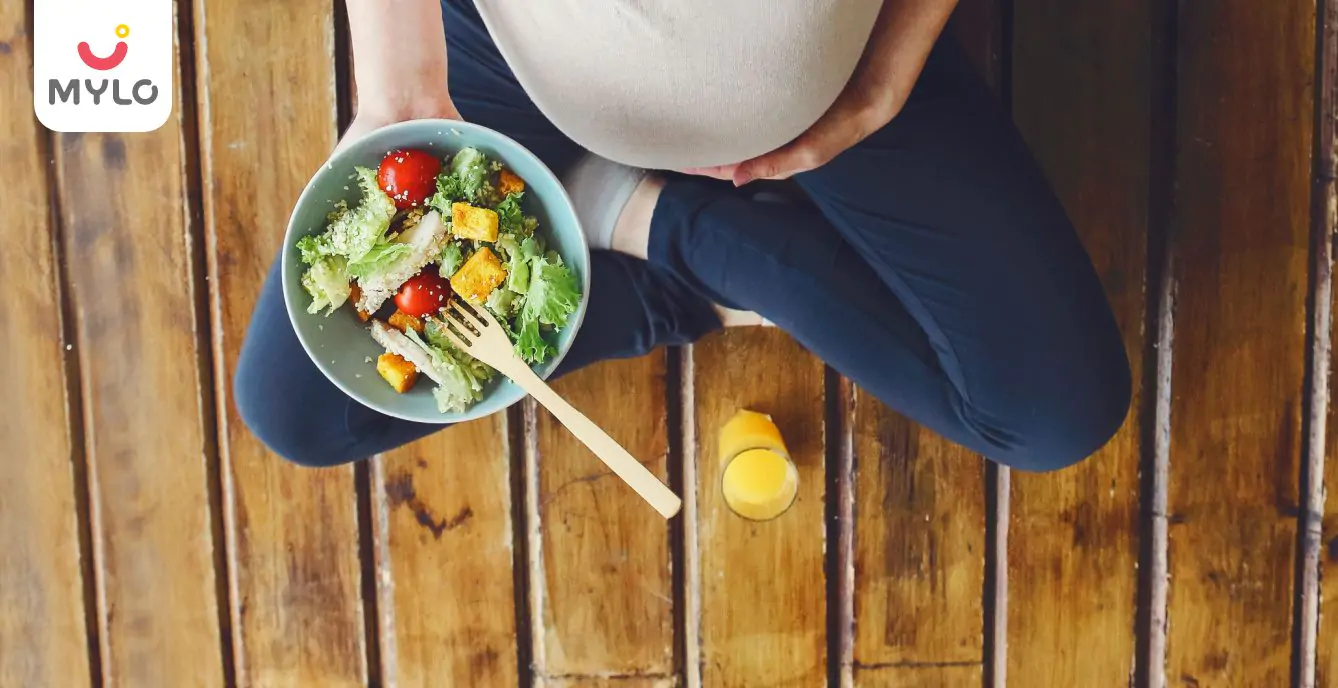
Loss of Appetite During Pregnancy: Causes and Solutions
- How to Increase Newborn Baby Weight: Expert Tips and Tricks
- Fertisure M: The Comprehensive Solution to Male Infertility and Reproductive Health
- All You Need to Know About the New COVID Variant: Pirola
- Endometrial Polyp and Pregnancy: How Uterine Polyps Can Affect Your Chances of Conception
- How to Stop Heavy Bleeding During Periods: Home Remedies (Part 2)
- How Many Times Should You Have Sex to Get Pregnant?
- A Guide to Planning the Perfect Godh Bharai for the Mom-to-Be
- Your Complete Guide to Spinal Anesthesia: From Preparation to Recovery
- Custard Apple During Pregnancy: Benefits & Risks
- 30+ Baby Bump Photos and Ideas for Documenting Your Pregnancy
- 30+ 2nd Pregnancy Photoshoot Ideas for Expecting Parents
- Feeding Tips and Healthy Food Ideas for Your 7-9 Month Old Baby
- Sweet Potato During Pregnancy: Benefits, Risks & Side Effects
- Carrot During Pregnancy: How This Healthy Snack Can Help You and Your Baby


AWARDS AND RECOGNITION

Mylo wins Forbes D2C Disruptor award

Mylo wins The Economic Times Promising Brands 2022
AS SEEN IN

- Mylo Care: Effective and science-backed personal care and wellness solutions for a joyful you.
- Mylo Baby: Science-backed, gentle and effective personal care & hygiene range for your little one.
- Mylo Community: Trusted and empathetic community of 10mn+ parents and experts.
Product Categories
baby carrier | baby soap | baby wipes | stretch marks cream | baby cream | baby shampoo | baby massage oil | baby hair oil | stretch marks oil | baby body wash | baby powder | baby lotion | diaper rash cream | newborn diapers | teether | baby kajal | baby diapers | cloth diapers |



